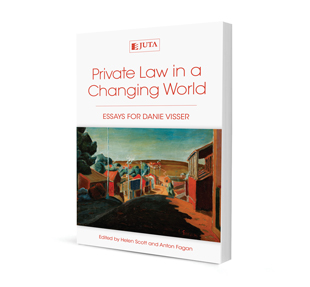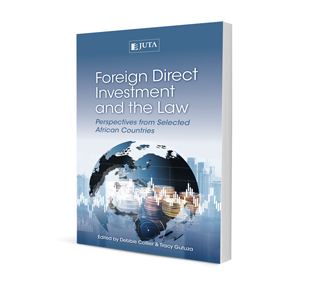Cohabitants in the Scottish law of unjustified enrichment

Cohabitants in the Scottish law of unjustified enrichment
Authors H MacQueen
ISSN: 1996-2088
Affiliations: Professor of Private Law, University of Edinburgh, Scotland
Source: Acta Juridica, 2019, p. 419 – 452
Abstract
This paper considers private law responses to the growing social phenomenon of couple cohabitation rather than marriage in Scotland. Rather than being forced into the marriage model, or falling foul of earlier ideas about immorality and the requirements of public policy, couples regularly use couple cohabitation contracts, made available by family law firms in Scotland. This is especially true of couples who are acquiring houses together. The financial consequences of relationship breakdown were until 2006 dealt with mainly by way of an increasingly sophisticated law of unjustified enrichment, which in this regard has been cited as a possible model for South Africa. The Family Law (Scotland) Act 2006 introduced new regimes to deal not only with the financial consequences of relationship breakdown but also with issues arising when a cohabitant died intestate. Claims under each regime must be made within quite short time-frames: one year from the breakdown or six months from the death. In 2016 a first instance judgment in a breakdown case held that failure to meet the statutory time-limit could not be escaped by bringing a common-law enrichment claim instead. The paper criticises this judgment and argues that, while the statutory
regimes are probably better than unjustified enrichment claims when complex cohabitation relationships fall to be disentangled, the latter can still provide just solutions in less complicated cases. With reform of the statutory regimes very much in the air, it is suggested that any further legislation should make clear its relationship with the existing common law. The new legal status of cohabitant should not lead to the loss of rights that the party already enjoys in private law.
